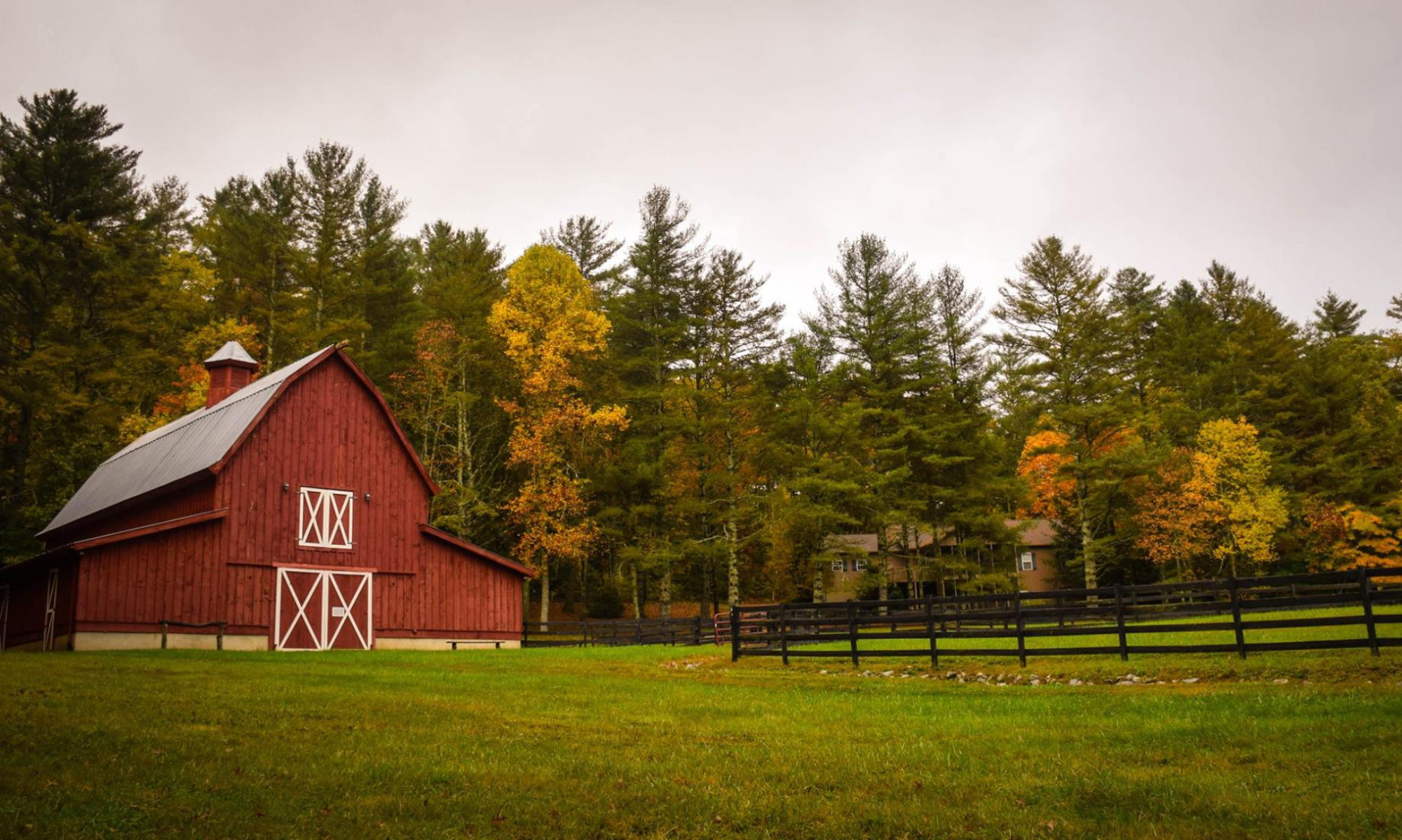If you are a family farm pork producer, your action is needed before January 2.
The USDA (under the cover of Christmas) is asking pork producers if they want to vote on the pork checkoff. If 15% of producers request it, a vote will be held within one year. You can read more here.
The form producers need to fill out and mail along with a feed bill or other proof of production can be found at the USDA website, or more easily here: http://www.ruralpopulist.org/porkcheckoff.pdf. The proof of production must be from 2007. This is a vote of 2007 hog producers.
Send or deliver your completed form to your county FSA office before Jan 2.
Time is short but the internet is fast. Fill our your form today and send this alert to others.
Since the mandatory checkoff began, hundreds of millions of dollars has been collected by the National Pork Board from producers while the number of independent hog farmers plummeted. The National Pork Producers Council, with close historical and operating ties the National Pork Board, has supported vertical integration and packer ownership of livestock and has blocked legislation that will make markets open and fair for independent family farms. The checkoff has not benefited small family farms.
Pork producers have been through this election once before. They triumphed at the ballot box, and lost amidst political gamesmanship in Washington. A new administration and new leadership at USDA creates hope for a fair handling of the vote this time. All checkoffs should be democratically controlled by producers.
For a history on the battle to end the pork checkoff visit:
Center for Rural Affairs, Corporate Farming Notes
Land Stewardship Project, Pork Checkoff Campaign
If you are not a hog farmer yourself, please send this to farmers you know.
Updated December 16th with additional details regarding the relationship between the National Pork Board and the National Pork Producers.
Update 2: Don’t miss the comments on this post, and visit U.S. Food Policy for another post on this topic.






